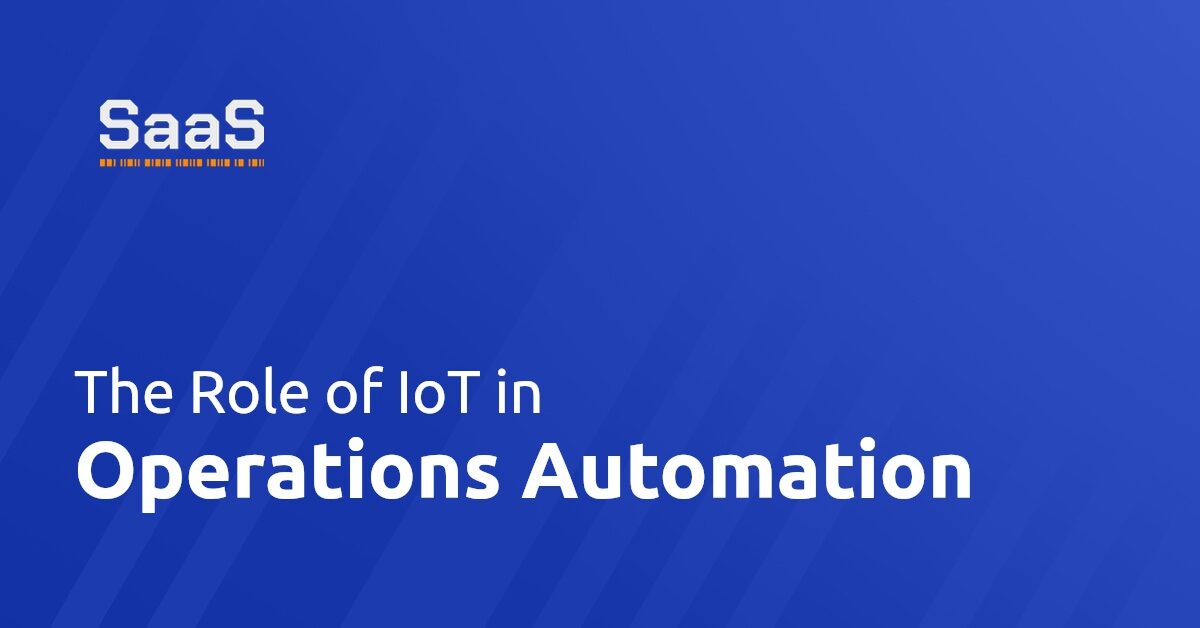How does IoT enhance operations automation?
IoT represents a network of interconnected devices, machines, and objects that collect and share data with each other. By leveraging advanced analytics and machine learning capabilities, IoT technologies can predict potential failures and streamline maintenance processes in real-time.
Moreover, IoT systems can provide businesses with valuable insights into their operations, revealing trends, inefficiencies, and opportunities for improvement. It also enables remote monitoring and control of operations, increasing productivity and reducing downtime.
Furthermore, IoT devices can collect vast amounts of data, which is analyzed and used to make informed decisions. This not only accelerates the decision-making process but also increases its accuracy, essential aspects for enhancing operational automation.
What is the impact of IoT on operations automation?
The influence of IoT on operations automation is enormous and multifaceted. IoT technologies offer new methods for automating mundane tasks, improving efficiency, and reducing errors. This has a direct impact on a company’s bottom line, reducing costs, and improving service delivery.
IoT also aids in systematizing various operations, including inventory management, supply chain management, and customer service. This not only leads to improved operational efficiency but also provides an unparalleled customer experience which can mean the difference between a one-time transaction and customer loyalty.
Moreover, the use of IoT in operations automation promotes environmental sustainability. By minimizing waste and optimizing resource usage, companies can significantly reduce their environmental footprint.
Can IoT revolutionize operations automation?
Quite emphatically, the answer is yes. The technological capabilities of IoT have the potential to fundamentally revolutionize how businesses operate. With IoT, operations can be automated and overseen remotely, resulting in a drastic reduction in manual intervention.
Furthermore, IoT can also drive predictive maintenance, which can identify potential machine failures before they occur. This not only saves time and resources but also prevents costly disruptions to operations.
In addition, IoT enables real-time data collection and analysis, which can uncover hidden inefficiencies and pinpoint areas for improvement. This can remarkably increase a company’s operational efficiency and competitive advantage.
The Future of Operations Automation through IoT
Looking into the future, the adoption of IoT in operations automation will continue to rise, propelling businesses to the next level of efficiency and profitability. Smart factories, where machines communicate with each other and make independent decisions, will become the new norm.
With the advent of 5G and edge computing, IoT devices will become more intelligent and capable, boosting operations automation to heights hitherto unimaginable. The convergence of these technologies will unlock unprecedented opportunities for businesses to become more agile, innovative, and customer-centric.
It is clear that IoT has a pivotal role to play in enhancing, and potentially revolutionizing, operations automation. As IoT continues to mature, businesses that adopt and adapt to these advancements will be better positioned to thrive in the ever-evolving digital landscape.








